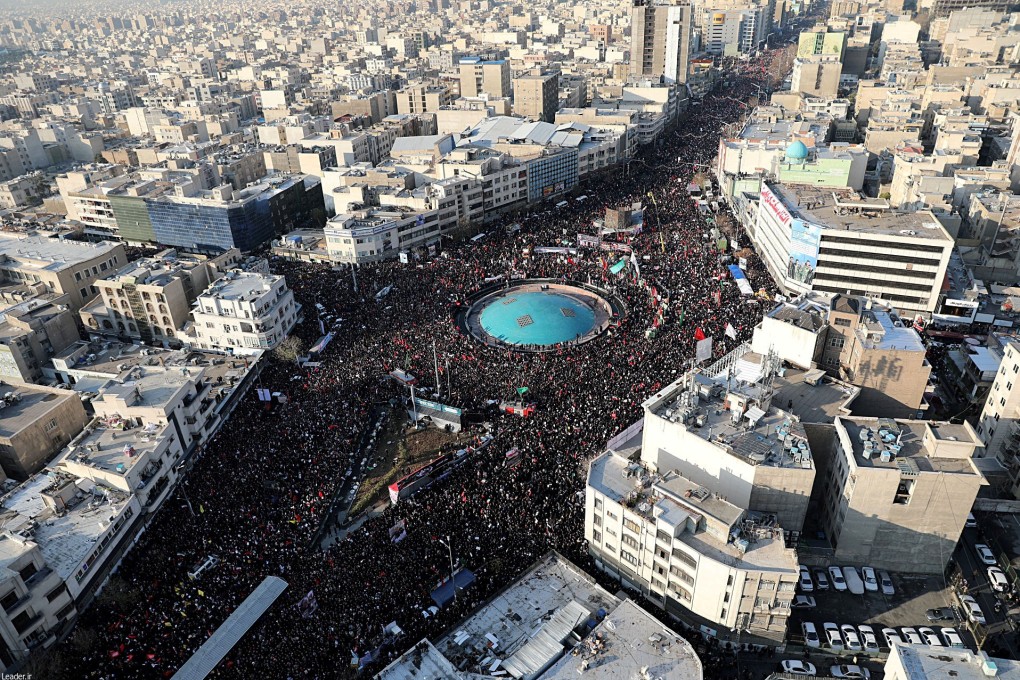Macroscope | Markets aren’t losing any sleep over the US, Iran and oil yet – the trade war is still more of a worry
- Justifiable fears about a full-scale US-Iran conflict gave markets the jitters, but they have quickly calmed down. For investors, it’s key to understand whether a particular event will have a sustained impact on the global economy and corporate performance

The abrupt escalation in political tension between the US and Iran briefly rattled markets, at a time when global investors were feeling upbeat about the trade war and Brexit.
Although both events could still yield more drama in the months ahead, markets took solace in knowing that we have at least avoided the worst.
With the volatile political situation in the Middle East appearing to be the latest source of unease, investors need to think rationally about the economic impact of the circumstances.

Despite justifiable fears about a full-scale conflict between the US and Iran, markets now seem surprisingly calm. If we look back on recent geopolitical events, it’s clear that doomsayers don’t hold markets’ attention for long. The key is to understand whether a particular event will have a sustained impact on the global economy and corporate performance.
